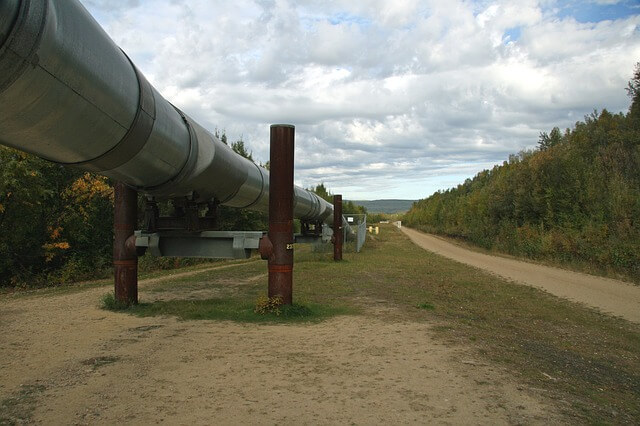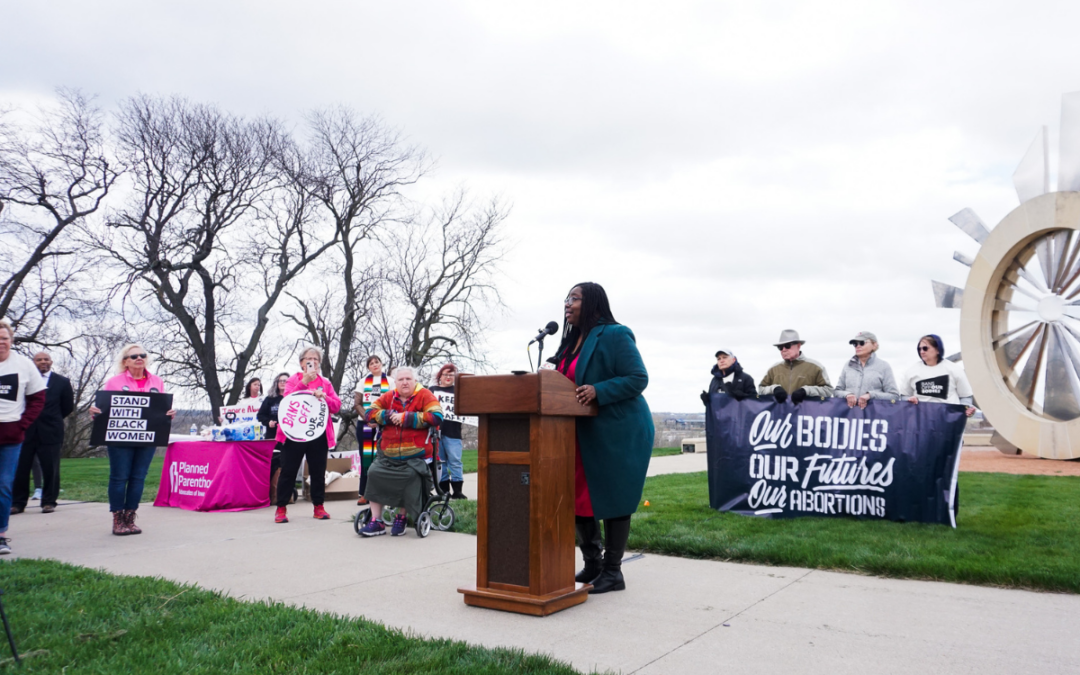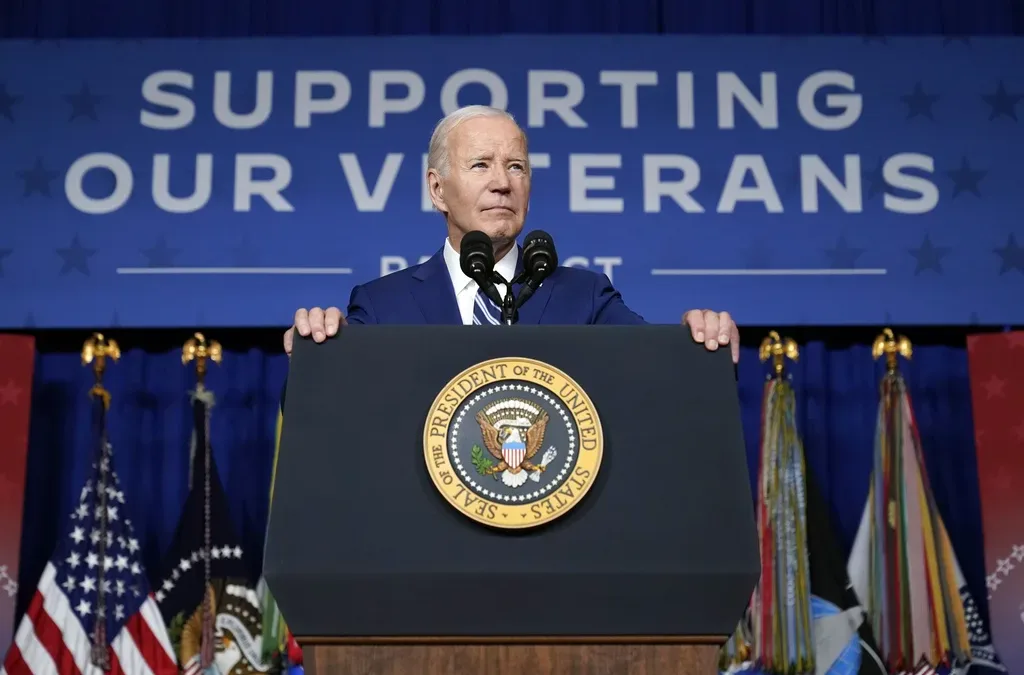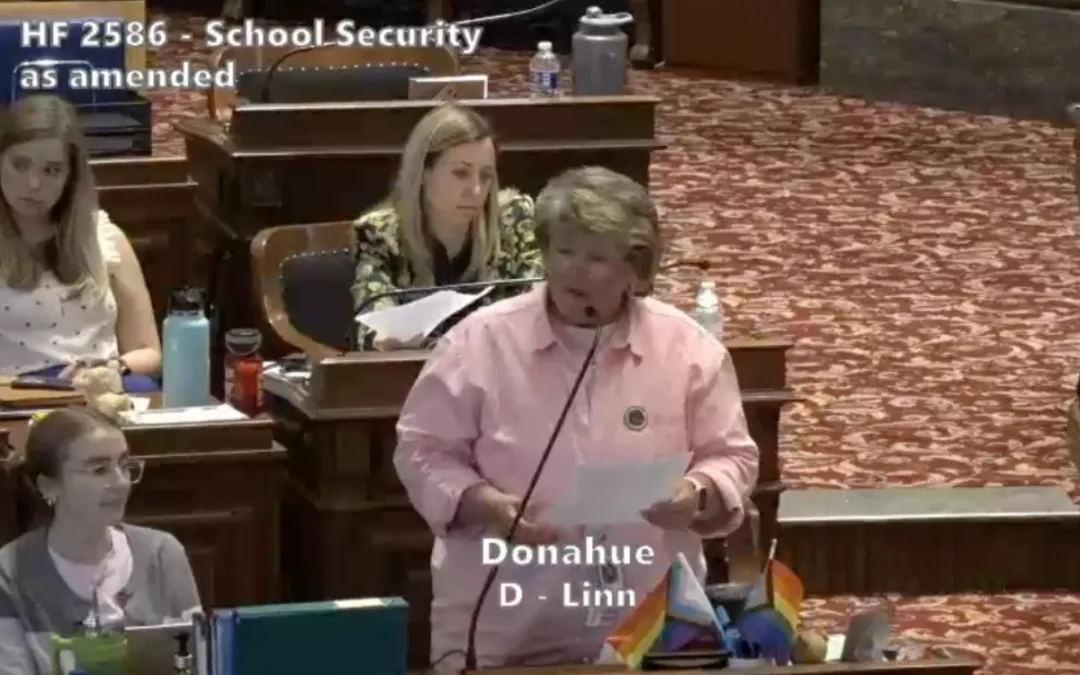
The progressive movement and clean energy advocates scored an important victory on Friday with President Obama’s official rejection of the Keystone XL pipeline proposal. Obama cited concerns over climate change as a major factor in turning down the project, saying it would undermine the United States’ efforts to lead on that issue.
Keystone’s approval had stubbornly stuck around as a political football for seven years until this week. Republicans touted it as a jobs-creating measure, while most Democrats and environmental groups argued it would add to the country’s reliance on fossil fuels and not have a meaningful impact on the economy. TransCanada attempted to withdraw the proposal earlier in the week, but that was rejected and the entire project was shot down by Obama and Secretary of State John Kerry a few days later.
“It’s a fantastic win,” Tom Steyer said on a press call Friday, the head of NextGen Climate, a progressive organization advocating for clean energy. “President Obama stood with a very broad cross-section of America that wants more progressive energy policies … This is a question of pivoting to a clean energy economy.”
Steyer noted that while it was a good victory, Keystone was but a part of a much larger picture of how America moves forward, with the 2016 presidential election central to that effort.
“This has gone on so long, that I would say that it is actually not what we have spent the bulk of our time for a really long time,” Steyer said of Keystone. “We see the presidential election as the political conversation in the United States of America. We feel if we don’t get the candidates to flesh out their solutions for how we get to a clean energy future, it doesn’t happen.”
By removing the Keystone pipeline debate from the table, that discussion should move forward with less distractions now. In Iowa NextGen has already seen voters find a larger interest in clean energy alternatives.
“Keystone XL has become a focal point for a lot of the folks in the environmental movement,” noted Zack Davis, Iowa’s state director for NextGen. “But a lot of the students that we talk to are so focused at this point on the presidential candidates and where they are standing and whether they are putting out solid, concrete plans to transition us to a clean energy economy.”
Those efforts to push the candidates will continue throughout the Iowa Caucus, and it’s an interesting question as to whether the 2016 presidential debate already forced progress. Both Bernie Sanders and Martin O’Malley opposed the Keystone Pipeline from early on, and played it up as a talking point on the campaign trail. That likely helped pressure Hillary Clinton into coming out against the project back in September, after she had previously declined to take a position during the summer, citing her involvement in the process while at the State Department. With all the Democrats opposed to the plan, pipeline proponents may have realized its future was seriously in doubt in the next administration. It may also have provided cover for Obama to finally make the decision to reject it.
Regardless of the circumstances that finally killed Keystone, the clean energy debate has taken hold in both the Democratic and Republican primary, with the topic often coming up at every local event and national debate. If the 2016 election is the conversation where clean energy moves forward, it seems to be well on its way so far.
by Pat Rynard
Posted 11/8/15
Politics

Abortion supporters rally before Iowa Supreme Court arguments
Abortion saved her life seven years ago and Leah Vanden Bosch is more grateful for it now than ever. Vanden Bosch, who serves as the development and...

New VA program to help more than 40,000 veterans stay in their homes
The Department of Veterans Affairs (VA) will launch a “last resort” program for tens of thousands of American veterans who are in danger of losing...
Local News

No more Kum & Go? New owner Maverik of Utah retiring famous brand
Will Kum & Go have come and gone by next year? One new report claims that's the plan by the store's new owners. The Iowa-based convenience store...

Here’s a recap of the biggest headlines Iowa celebs made In 2023
For these famous Iowans, 2023 was a year of controversy, career highlights, and full-circle moments. Here’s how 2023 went for the following Iowans:...





